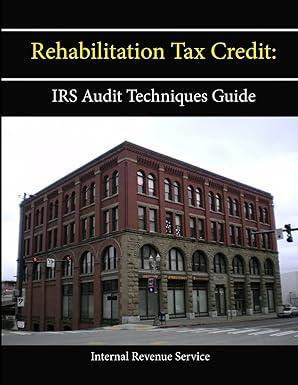| | | The companys tax consequences are the same under both plans. 3. Following a long-standing tradition of paying cash dividends four times per year that stretched back 40 years, on March 1 the board of directors of ABC Corporation declared a cash dividend of $2.00 per share. The dividend is payable to holders of record as of March 15. The ex-dividend date was set for March 13 and the dividends will be distributed electronically on March 29. Given this scenario, which one of the following statements is most accurate? | | | The share price should drop by $2.00 at the market open on March 1, the day following the announcement by the board of directors that a dividend is to be paid. | | | | Investors should expect the share price of ABC stock to drop by $2.00 as of March 13th, the ex dividend date. | | | | Nothing will happen to the price of the shares until March 29th, other than the normal daily fluctuations and white noise attributable to the stock market. | | | | On March 15th, the holders of record should see the price of ABC stock increase by $2.00 per share. 4. Which one of the following statements about corporate policy on shareholder distributions is most accurate? | | | Share buybacks are preferred by investors over cash dividends because share buybacks increase the share price of the firm while cash dividends reduce the share price. | | | | When a corporation declares a stock buyback plan, they name a specific date that the buyback will occur, which gives shareholders the option of moving their investment funds prior to the effective date. | | | | Share repurchases have tax advantages and timing advantages over cash dividends, which is why we continue to see firms that approach as part of their distribution policy. | | | | One advantage of a cash dividend over a stock buyback plan is that the corporation has more flexibility on the timing of the distribution of the cash dividend to its shareholders. 5. Which one of the following statements about dividends and share buybacks is most accurate? | | | If the pre-tax borrowing rate is above the earnings yield, a stock buyback financed with external borrowing will increase earnings per share. | | | | If the after tax borrowing rate is above the earnings yield, a stock buyback financed with external borrowing will reduce earnings per share. | | | | All of these statements are equally true. | | | | If the after tax borrowing rate is above the earnings yield, a stock buyback financed with external borrowing will increase earnings per share. 6. _______ represent a commitment on the part of a corporation to pay cash to its stockholders on a quarterly, semiannual, or annual basis. | | | Special stock dividends | | | | Stock buybacks | | | | Regular cash dividends | | | | Stock splits 7. ABC Corporation shares sell for $106 per share in the open market and there are 38 million shares outstanding. This year ABC had net income of $199 million. What was ABC's price/earnings ratio? (show your answer to two decimal places) 8. ABC has 400 million shares outstanding and the earnings per share was $4.16 this year. If the firm decided to buy back 3 percent of its outstanding shares using idle cash, what would the new earnings per share be? 9. ABC shares sell for $41 per share at a price/earnings ratio of 34. The company expects to buyback 5 million of its 91 million outstanding shares, using idle cash that is not earning the company any money. After the buyback, what would be the expected earnings per share? 10. XYZ plans to buy back 3 million of its 50 million shares outstanding using borrowed money. The company's after-tax cost of debt is 5 percent. Currently, the shares sell for $46 in the open market and the price/earnings ratio is 28. Assuming they go through with the plan, what is the firm's expected earnings per share after the buyback. Assume the P/E ratio does not change. | | | | |






